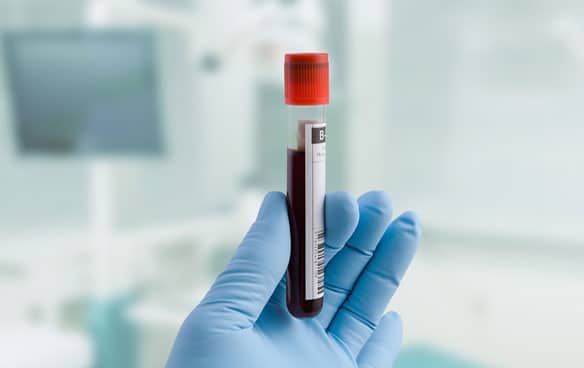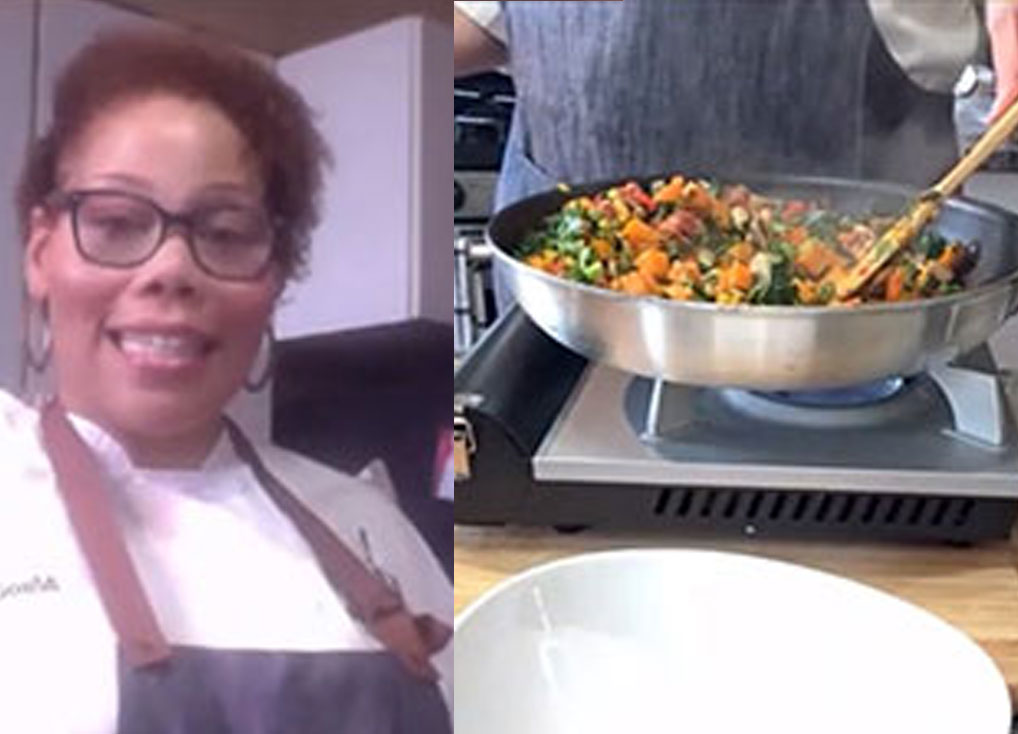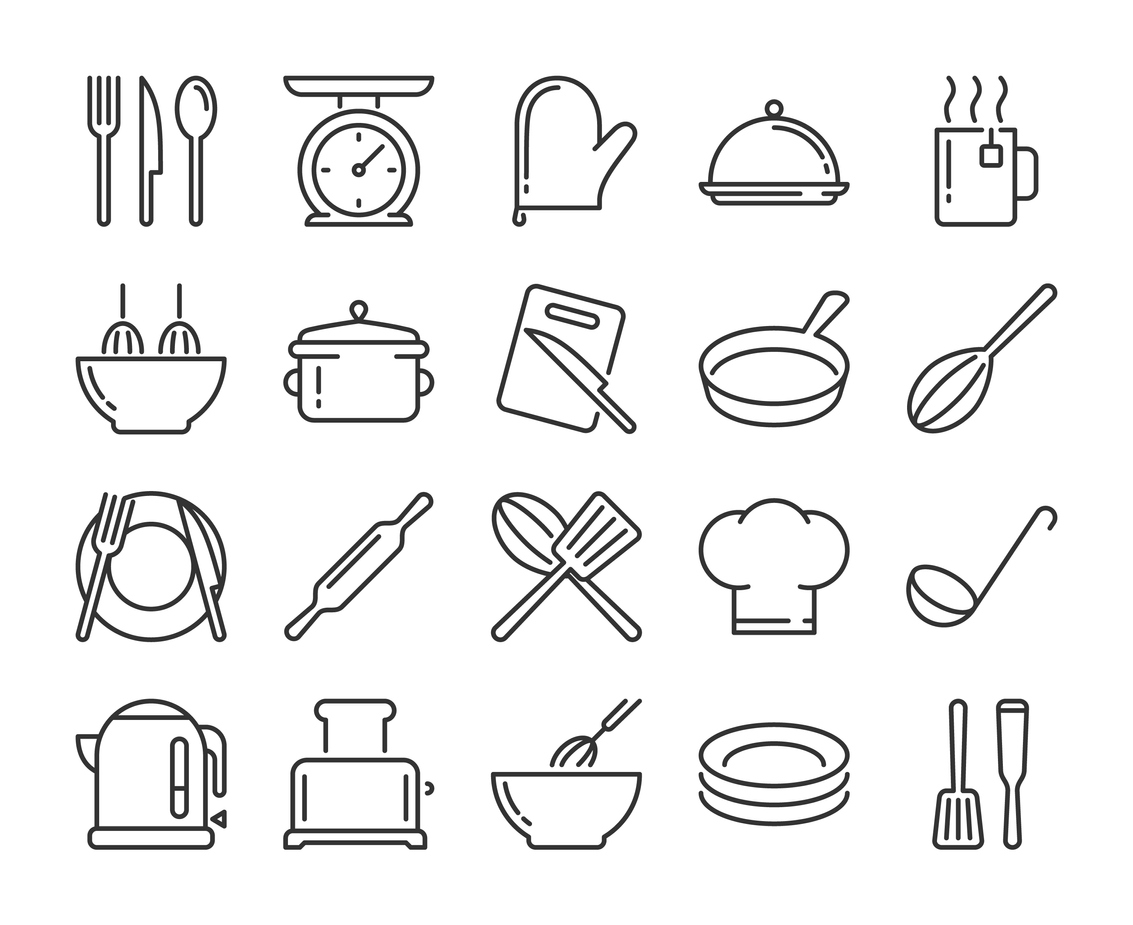“The passage of the Immuno Bill is not just a win for the patient community …” says Alexandra Harrison-Flaxman “… it’s a win because of the patient community.”
On December 22, 2020, the U.S. Senate passed S. 3353 – Comprehensive Immunosuppressive Drug Coverage for Kidney Transplants Patients Act of 2020 (The Immuno Bill).
Earlier, on December 8, 2020, the House of Representatives passed H.R. 5534, which set up the Senate vote.
The bi-partisan passage of the Immuno Bill now awaits the President’s signature.
Getting the bill passed has been Alexandra’s (“Alex’s”) passion for several years now and she says she cried when watching both the House and Senate pass the legislation.
“I was thinking, ‘This is crazy,’ I’ve just been a part of enacting actual change for kidney-transplant recipients,” says Alex, 34.
Read Alexandra’s full story, here.









